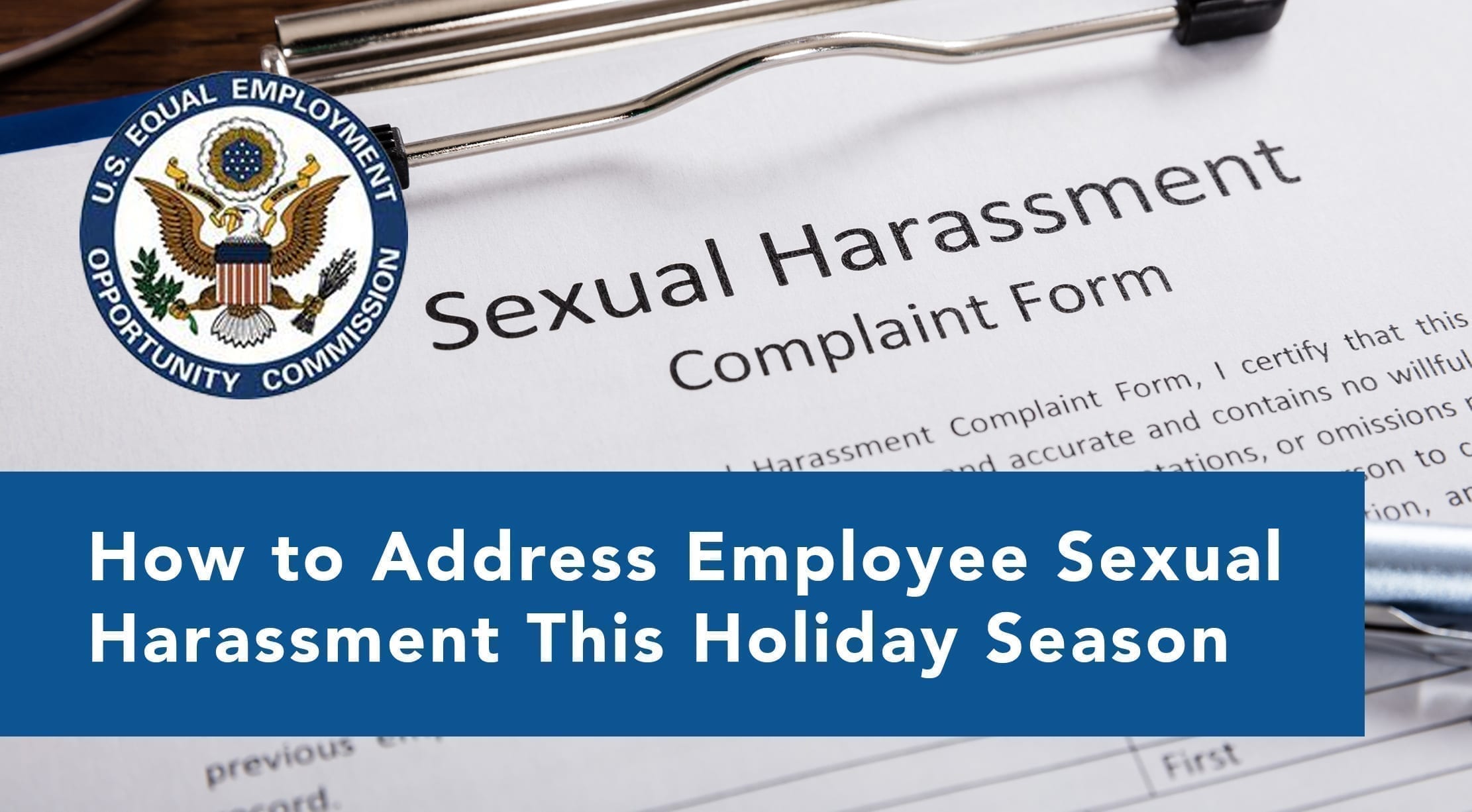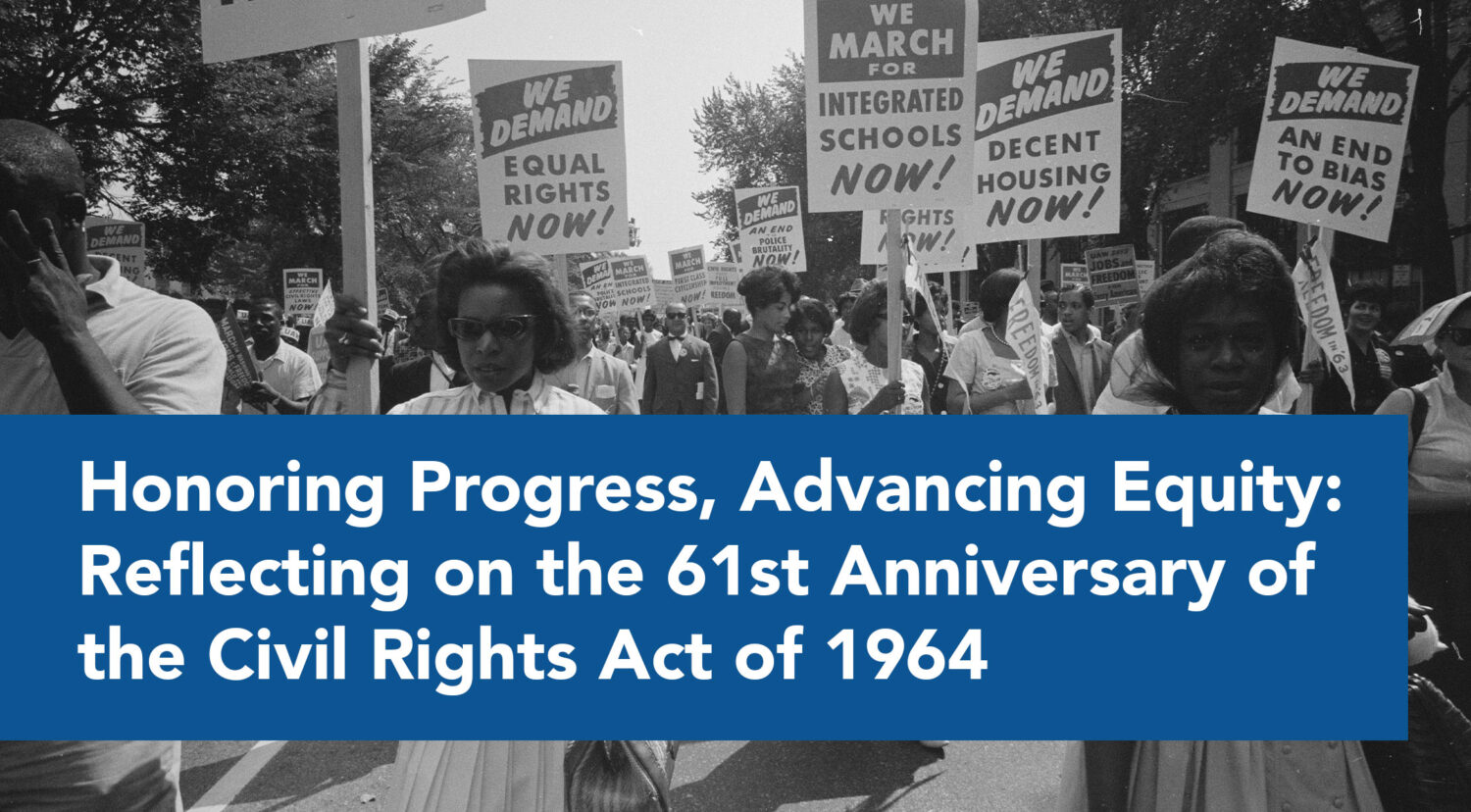

In November, the Equal Employment Opportunity Commission filed a sexual harassment suit against a Californian wireless retailer. Elite Wireless Group has been accused of violating federal law for failing to address complaints involving a male store manager who sexually assaulted a female employee.
According to the suit, the EEOC has found that shortly after transferring to Elite Wireless, a 34-year-old store manager began subjecting a 19-year-old sales clerk to unwelcome sexual advances and physical touching. Through an investigation, the EEOC has determined that the sales clerk was then sexually assaulted after she and other staff members were invited to the manager’s hotel room after the company’s holiday party.
The sales clerk filed a criminal police report the morning after the assault and reported the incident to the CEO of Elite Wireless. But, instead of firing or transferring the store manager to another facility or granting the clerk’s request for a leave of absence, Elite Wireless required her to continue working under his supervision.
Eventually, the sales clerk requested to be transferred to a location 20 miles away, which meant a longer commute and a higher financial burden. Additionally, the EEOC claims the employee suffered severe emotional distress as a result of the harassment, leading her to miss work. She was fired for absenteeism a month later.
“This teen employee had been a consistent high performer and was selected as ‘Employee of the Month’ just prior to reporting harassment by her direct supervisor,” EEOC San Francisco District Director William Tamayo said in a statement. “All workers have the right to work free from harassment and discrimination, but it is especially critical that we protect the rights of vulnerable teen employees, when the impact of facing sexual harassment as part of one’s early job experience can be life-altering.”
The EEOC is seeking monetary damages for the sales clerk, along with injunctive relief to prevent future sexual harassment.
“Employers should take note: acts of harassment need not be committed in the workplace to have consequences there,” EEOC Senior Trial Attorney Debra Smith said in the statement. “If the conduct began or developed in the workplace, then you may be found liable unless you take prompt, appropriate and effective action to address harassment. In addition, the employee reporting harassment should not bear the burden of separation from the alleged harasser. It may seem inconvenient or costly to transfer or put on paid leave a valuable supervisor, but in the long run you may save your company the heavy toll of workplace sexual harassment.”
This holiday season, it’s important for employers to ensure they are taking the necessary precautions to avoid workplace sexual harassment. Here’s what else you need to know to protect your employees at the annual holiday party and year round.
Review EEOC Recommendations
In 2016, the EEOC’s Select Task Force on the Study of Harassment in the Workplace produced a report providing employers with detailed recommendations on preventing harassment. These include recommendations regarding leadership, accountability, policies, procedures, and training. Take time to evaluate your company using the EEOC’s checklist for employers as well as the agency’s chart of risk factors and responses.
Retrain Your Team
This time of year is the perfect time to remind your employees about your workplace policies and procedures. The best way to prevent misconduct is to ensure your employees understand the rules and what actions they can take if they witness sexual harassment or are victims themselves.
Plan Ahead
When you’re planning your annual holiday party, it’s important to set the right tone. To limit bad behavior, keep alcohol to a minimum. If you choose to serve alcohol, go with beer and wine as opposed to spirits. Or do away with the libations altogether. Also, consider eliminating mistletoe from the decor. This will reduce the potential for unsolicited advances.





